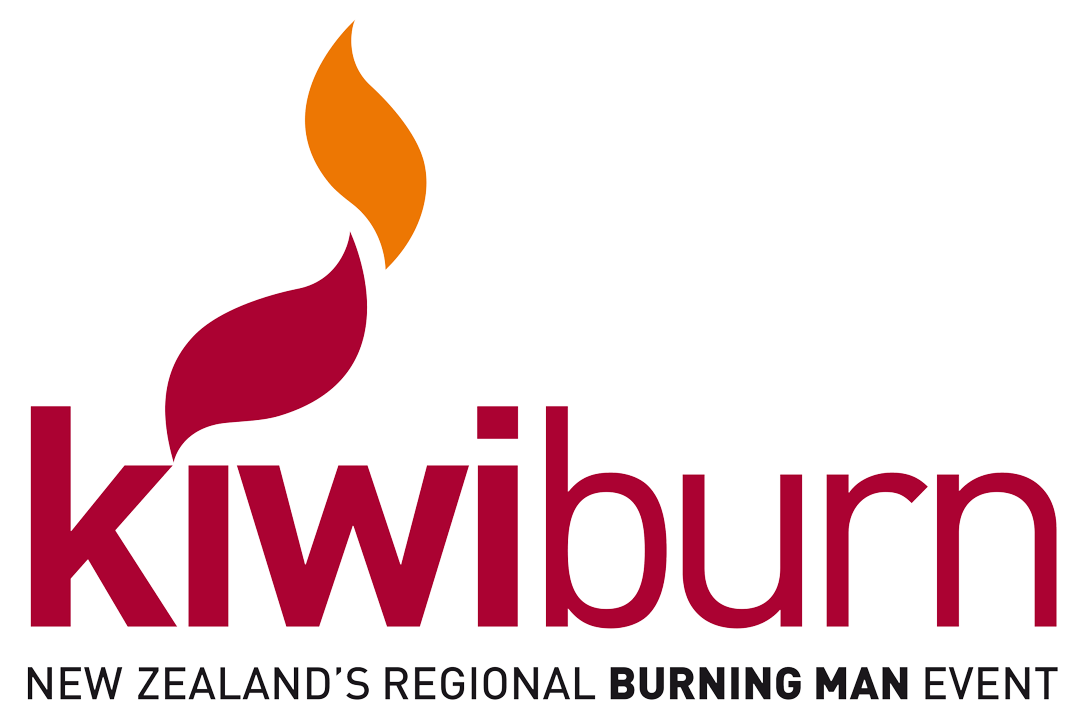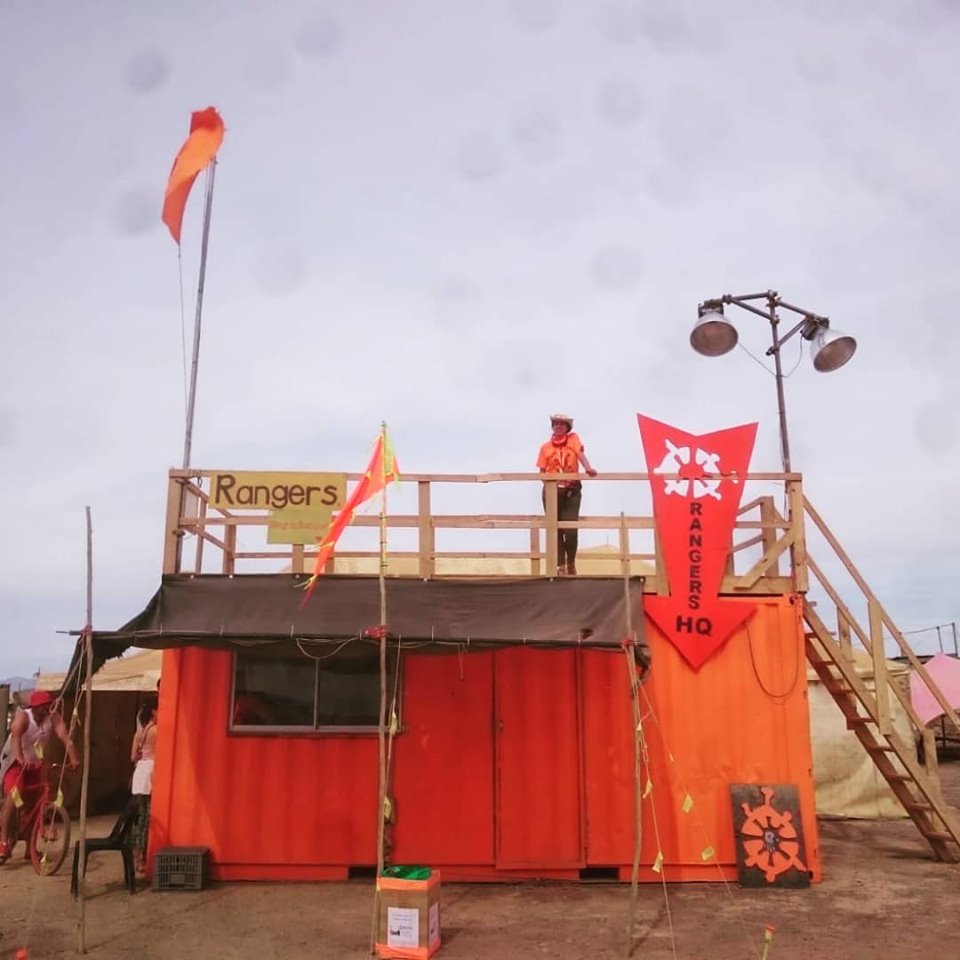Part three
by Pete Lumos Wyatt
My next burn for the year was AfrikaBurn, the biggest of the regional burns, it is very much like a smaller or younger version of Burning Man back in 1998 with around 13,000 participants, a pretty flat dusty playa to provide dust storms, lots of art cars and Theme Camps.
Here we are known as Tankwa Town Rangers and the shift lead is called Tortoise. Due to the event size, AfrikaBurn relies on experienced Rangers from around the world to come and share their skills to provide 24 hour support to their participants.
The size of this Burn had a potential to up my stress levels, worrying about how I would handle the leadership roles, so I got permission to shadow one of the senior Black Rock (that’s a Burning Man Ranger) shift leaders which helped me pick up some great tips. I also shared some of the shifts with a co-lead – our dirt Rangers don’t need to worry which one of us is Tortoise, they only need to know Tortoise is there to support them.
Except for some senior Ranger leads, we always work in pairs. Your partner has your back just in case things go wrong, and a partner also provides you with somebody to help you and learn from as use your Ranger skills to ride the edge of chaos (that’s a Ranger joke).
There are different kinds of Rangers requiring you to learn and use different skills, and this is another of the things that I love about the job, variation, you never know what your shift will bring.
Here on the busy party nights (swing shift is 9pm–1 am and Graveyard shift is 1am–5am), I worked as Tortoise with up to 26 Rangers working the shift in various roles. I tried to get a good mix of skills and experience in my teams, then despatched most of them to the various sectors I had split the town up into. And you also try to keep a couple of senior leads wandering the problem areas ready to give extra help when required.
When the event manager asks you to pull down a large kite that is flying in airspace above the airport you need to know which of your teams is closest, and then when the participant refuses to bring it down you have to know where to find a senior Ranger you can despatch to help educate the participant and resolve this health and safety issue.
Rangers are also volunteer participants, so as their lead you are concerned about their physical and mental status over the 4–6 hour shift (and in some cases this may be their second back to back shift), so you don’t abandon them walking the same part of town all shift. You also break up their long night by calling them back in for a warm cup of coffee when things are calm, and you try to be their warm loving leader just a radio call away.
Blessings in the dust – Lumos

